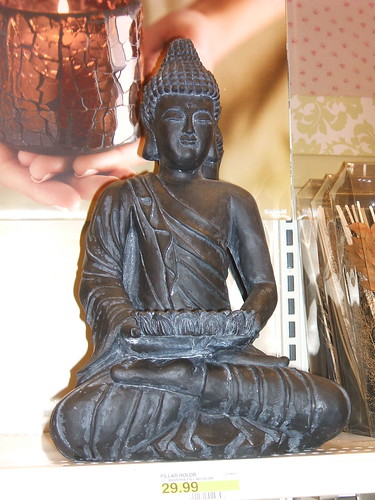Of course I want men and women to be treated equally. When they make the same achievements, they should be rewarded the same. When they perform at the same level, they should be promoted to the same level. I'm not saying that when everything is equal, that men should be favored over women.
BUT.
Things aren't always equal. Sorry. Men and women are scientifically different. Men are more authoritative, women are more sensitive. Men are impulsive and act with force, women are intuitive and act with caution. There are
always exceptions. And those exceptions are accounted for. But it can't be a general rule for everyone because it's not.
And, if you really want to revert this back to Goffman, because of these differences, it already puts preconceived notions in people's heads. Be honest, if you were walking home alone at night in an empty area, and a very big and buff man was walking your way, you'd be freaked, right? Is that sexism, because if your saw a big and buff woman you wouldn't be nearly as scared?
No. It's science. We're naturally programmed to be on the lookout for certain things. And while there's
always exceptions, they're not
always the case.
So while in Dana Walker's talk, I felt outraged when her pay was less than that of a man equal to her, I don't think it was grounds to start a movement.
And people always make the women the victim, saying that women police officers don't get the respect they deserve (which is, again, because of the science that women are more sensitive and less strong). While they should be respected, and while many policewomen are in fact very strong, most criminals will still be glad it wasn't a man who beat them down.
And then on the same note, dying patients in hospital beds are way less likely to reveal their emotions to a male nurse. Also common sense, because women are the sensitive and thoughtful ones, and men are more forceful. Most patients will be glad it wasn't a man handing their wounds and sticking them with needles.
So yeah, there's exceptions, women who scare the living crap out of you, and men who could make a butterfly giggle, and yes, those people will excel in their fields, and therefore must be rewarded without discrimination. Absolutely. And to reverse that, the man who could make a butterfly giggle would be not be a respected police officer. The same is with the scary woman wanting to be a nurse. So then is that discrimination, too? Because now I'm getting confused.
But if you are in a field where you're working with people, even if you're putting out the same
effort, and those criminals just don't respect you (if you're a man
or woman) and those patients feel uncomfortable with you (if you're a man
or woman), then why should the administration feel that you are an asset?
And falling back to Goffman one last time, if you want to excel in a field where the sex odds are against you, perhaps putting up a front that makes you more authoritative or sensitive might be in your best interests. Because it's not relly the gender that's the issue, it's the
presence you give off.










Get Social Share!